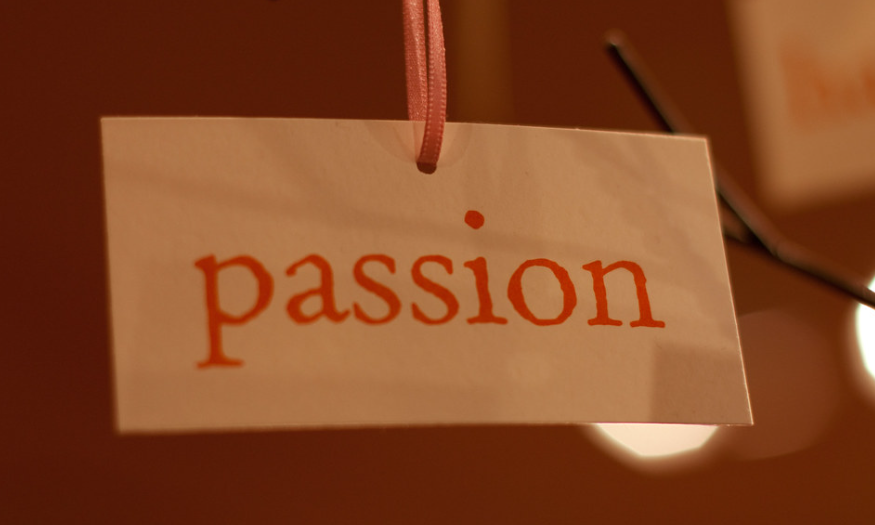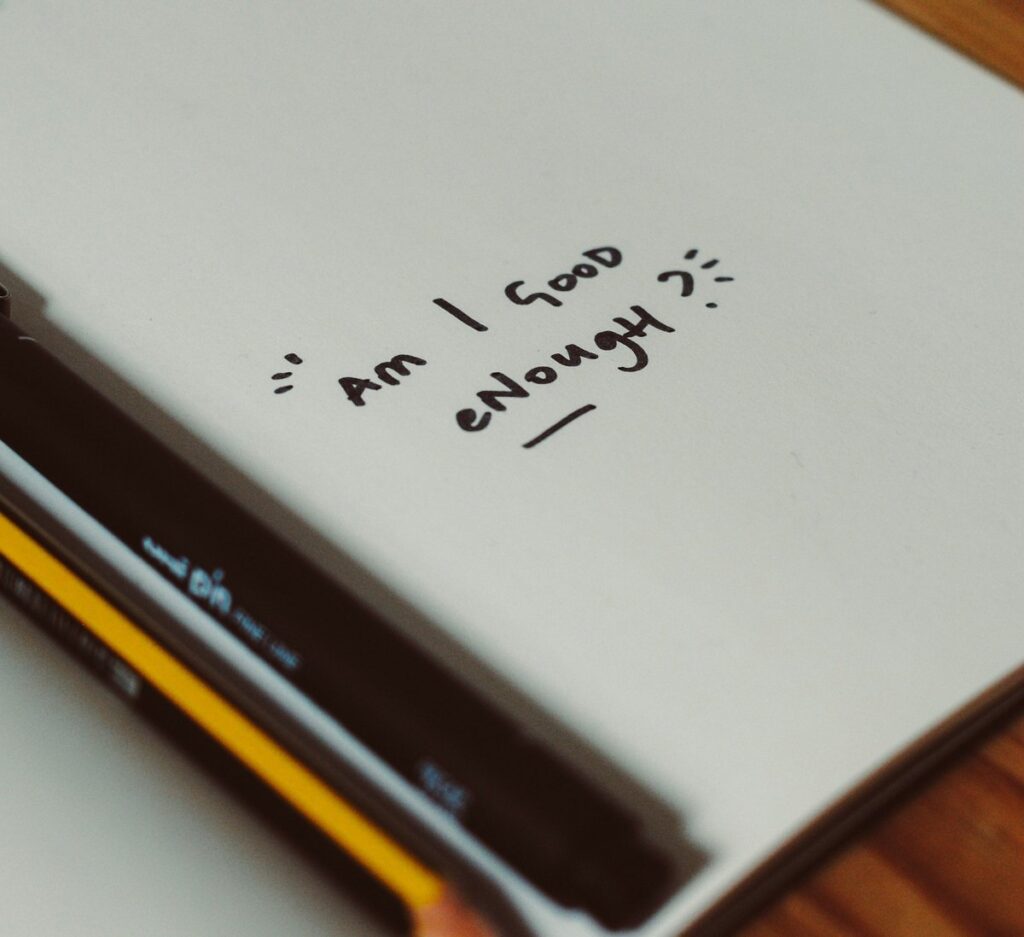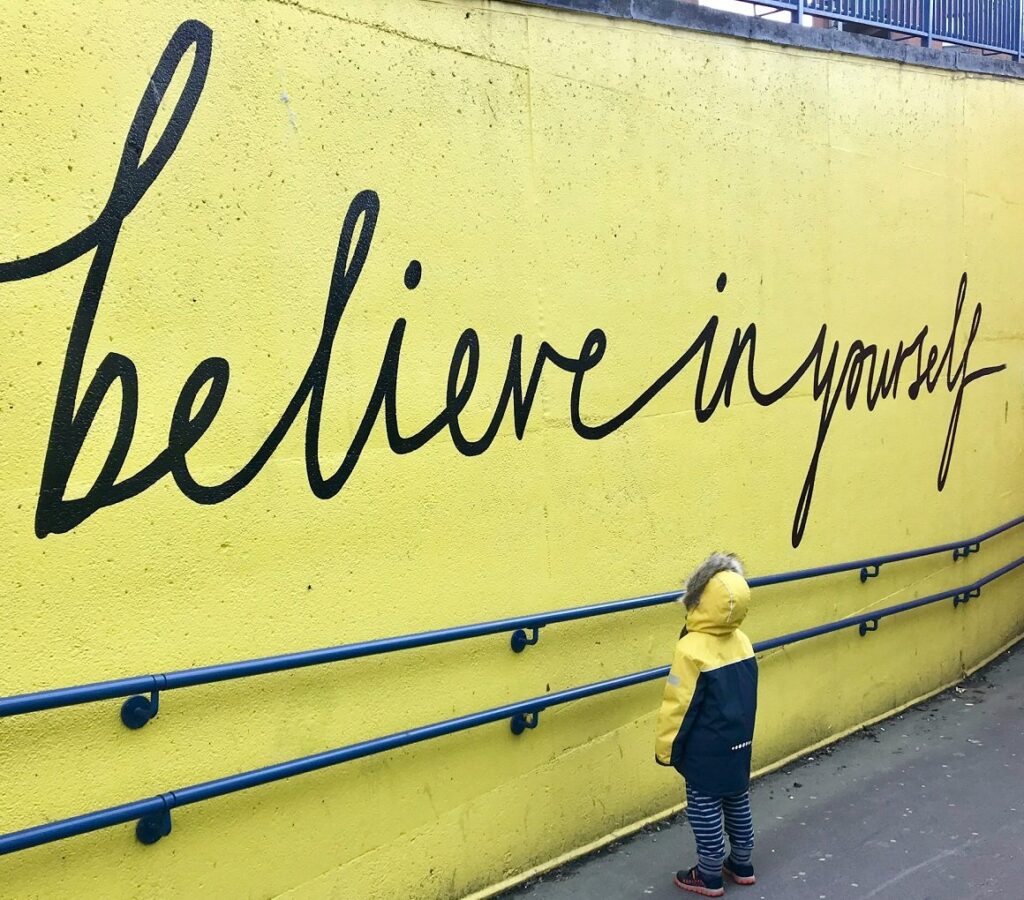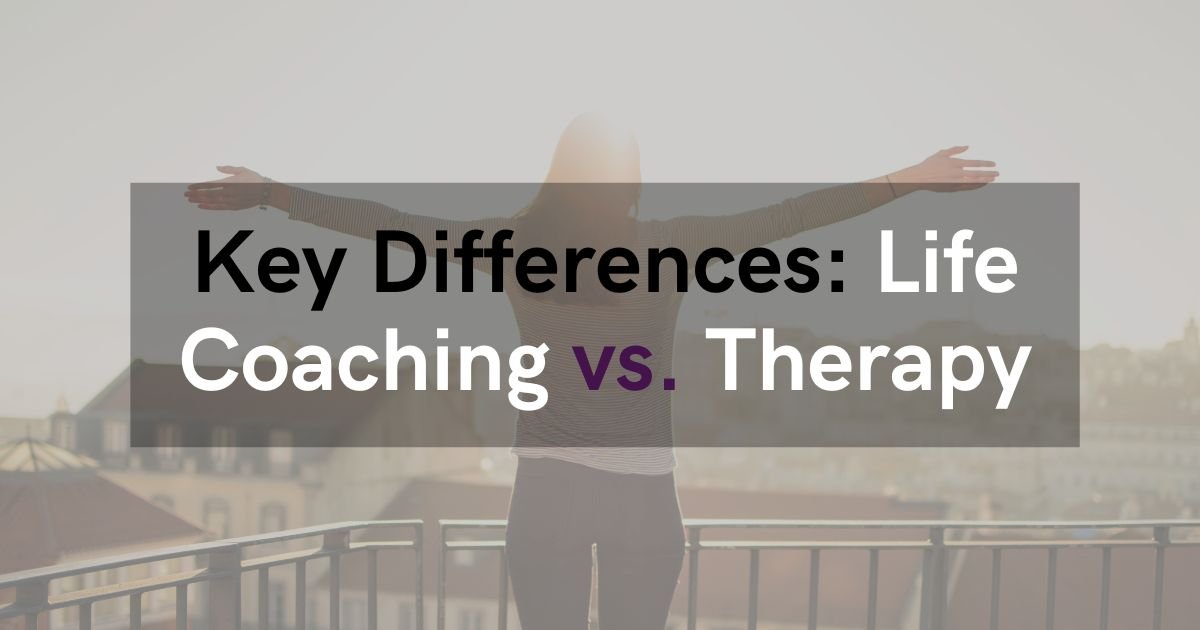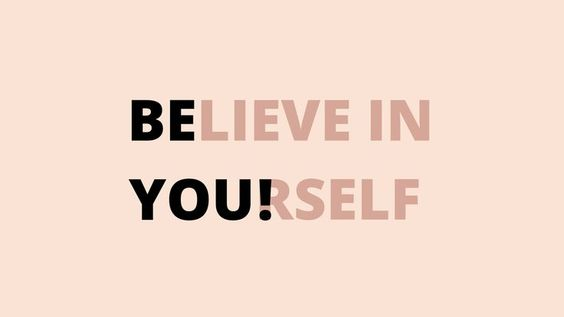Remember that feeling as a kid when you were totally into something you loved? The pure joy, endless energy, feeling like you could do anything? That’s the magic of passion. As we get older, obligations and responsibilities often crowd out those fiery interests and enthusiasms that once fueled us. Living without passion, and feeling disconnected, can be exhausting over time. But what if you could reignite that excitement and find joy in your work and hobbies? In this guide, we’ll explore proven strategies for unearthing your authentic passions and bringing more meaning into your life.
1. Tap Into Your Childhood Curiosities
Our earliest interests and hobbies hold clues to our true passions buried just under the surface. Think back to your childhood and write down all the things you loved doing – like acting out stories, collecting rocks, or inventing new worlds. Even small things you enjoy can show what you’re passionate about, like storytelling, nature, imagination, or tinkering with gadgets. By remembering what excited you as a kid, you can rediscover your passions and find your way back to that enthusiasm. Let those memories guide you toward your authentic self.
2. Surround Yourself With Inspiring People
We’re heavily influenced by those around us, for better or worse. If your current friend circles and social environments are devoid of passion and enthusiasm, it’s incredibly difficult to cultivate those mindsets and attitudes within yourself. Make the conscious choice to seek out new social circles where you can meet fascinating people who radiate energy, curiosity, and focus for what they do. Talk to people who seem really excited about things to learn what makes them tick. Let their enthusiasm and zest for life rub off on you, making you feel more eager and motivated.
3. Experiment With “Irrational” Pursuits
As rational, responsible adults, we often talk ourselves out of unconventional interests or seemingly financially impractical pursuits. “That’s a silly dream.” “I could never make a living at that.” But passion doesn’t care about society’s definitions of rationality or economic viability! Give yourself wholehearted permission to explore the weird, ridiculous, avant-garde, or impossible-sounding things that truly excite your imagination. Don’t worry about judging or stopping yourself – just jot down everything that interests you, whether it’s a hobby, job, creative project, or something totally off the wall. Let your integrity guide you in pursuing what truly excites you.
4. Say Yes to Uncomfortable Growth
True passion often lives in that murky space just outside our comfort zones. How recently have you taken on a novel and demanding endeavor that elicited a mixture of anxiety and anticipation in you? Being mired in monotonous routines and repeating the same actions hinders the development of passion. For change and growth to occur, we must be willing to feel vulnerable, uncomfortable, and inexperienced. Embrace experiences that challenge your mental, physical, and emotional limits by rearranging your routine. That’s where passion starts to take root.
5. Don’t Confuse Passion With Talent
A common misunderstanding is that you have to be naturally gifted at something to feel real passion for it. This is simply untrue! While talent and skill can enhance passion in certain situations, they’re not requirements. Passion arises from a deep excitement, curiosity, and attraction to a specific interest or activity. For example, you might enjoy playing the drums even if you find it hard to keep rhythm – that’s okay! Concentrate on activities that genuinely energize you, regardless of your skill level.
6. Schedule Dedicated Time
With the demands of work, family, and household tasks always pulling at our time and energy, it’s common for our passions to get pushed aside. If finding your passion is important to you, you need to be determined to make room for them in your life. Consider setting aside a specific evening each week dedicating 3-4 hours to whatever sparks your interest – whether it’s reading about a topic you love, learning a new instrument, woodworking, or writing stories. Treat this time as sacred in your schedule, not to be moved or canceled. By prioritizing your interests, you’re investing in yourself.
7. Interview Yourself for Your Dream Passion Career
If you are having trouble identifying certain areas of interest and passion, consider this thought-provoking exercise: Imagine that you are going to have an interview for your ideal job or career, the kind of position where you can spend every day pursuing your biggest interest. Now, consider carefully the questions an interviewer might ask to find out if you are truly enthusiastic and passionate about this possible position. What would you say to show why you’re perfect for the role? Simply thinking about these questions and crafting your answers can give you clarity on what truly excites you. Your passions are within you; you just need to uncover them. This process can be supported through transformational life coaching in London, helping you to unlock your potential and find fulfillment.
Discover Your Passion with the Help of Life Coaching
Without passion, life can feel dull and uninspired. Our life becomes more meaningful and gratifying when we follow our passions. It’s critical to concentrate on rediscovering what genuinely thrills you if you sense that your excitement is waning. A life coach can assist and encourage you as you explore your interests and rediscover what makes you happy during this process, guiding you through it together. You can ignite your passions and design an energetic, fulfilling life with the assistance of a life coach.

